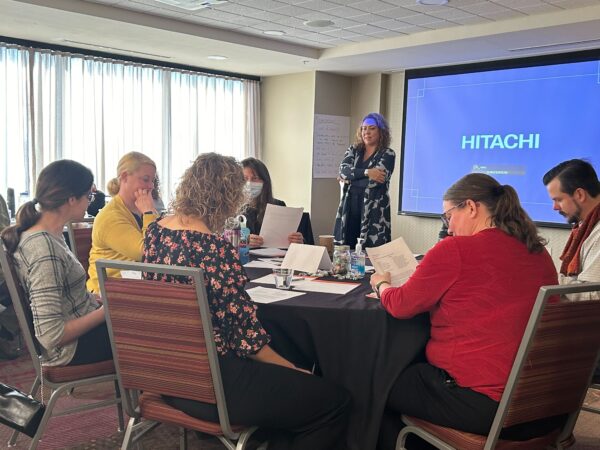#RCAP50: Removing Arsenic from A Tribal School’s Water System
Location: Second Mesa, Arizona
Issue: Second Mesa Day School’s existing arsenic removal system was non-functional and the school’s water system had arsenic levels of 18ppb, exceeding EPA’s maximum contaminant level (MCL)
Outcome: RCAC staff assisted the system operator to troubleshoot the system and bring it back into compliance with arsenic levels below the MCL
Second Mesa Day School is a K-6 elementary school on the Hopi Reservation in northern Arizona. The school has its own water system that the U.S. Environmental Protection Agency (EPA) considers as a community water system. It serves 376 people (students, staff, and teacher housing). The system uses groundwater from an aquifer that has elevated arsenic levels.
To mitigate the situation, the school installed an arsenic removal plant in 2008. The plant’s arsenic removal system has components that need to be routinely maintained, calibrated, and replaced. The system had not received the requisite maintenance for 10 years, and when RCAC arrived in March 2017, it was out of compliance with EPA’s Arsenic Rule.
RCAC worked very closely with the newly hired system operator, Melvin Pooyouma. The plant is relatively complex with several automated pieces that need to be working correctly and in harmony for effective arsenic removal. Starting at the upstream end of the system, the team began to explore and troubleshoot each component down the line.
During the next three months, RCAC and the operator were able to diagnose and fix the system’s broken components. RCAC helped the operator bring the pH to 7.0 and trained the team on the importance of keeping the pH near 7.0.
The second major improvement to the system was removal and inspection of the filter cartridges. The team repaired and reset all the cartridges.
Finally, the team replaced the calcium chloride injection pump that was no longer working and set the pumping rate to the newly calculated correct rate.
The plant now has non-detect levels of arsenic in its treated water and the system can provide safe drinking water to the students and staff.



